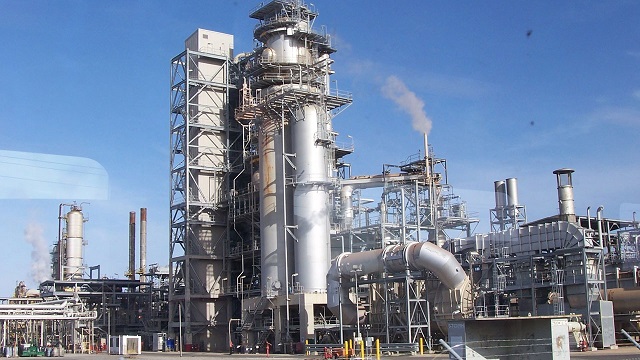Devakumar Edwin, Vice President of Oil and Gas at Dangote Industries Limited, has leveled serious allegations against International Oil Companies (IOCs) operating in Nigeria.
He claims these companies are actively undermining the Dangote Oil Refinery and Petrochemicals’ operations by inflating the price of local crude oil, compelling the refinery to resort to costly imports from as far away as the United States.
During a training session for Energy Editors, Edwin criticized the Nigerian Midstream and Downstream Petroleum Regulatory Authority (NMDPRA) for its lax approach to licensing, which has led to the importation of substandard refined products.
He highlighted that Dangote Industries, despite being the sole licensee to fulfill its refinery construction promise, is not receiving the support it merits from the government.
Edwin pointed out that while the Nigerian Upstream Petroleum Regulatory Commission (NUPRC) is making efforts to secure crude allocations for the refinery, IOCs are thwarting these attempts by demanding exorbitant premiums or claiming unavailability of crude. This situation has forced Dangote Refinery to cut production and bear increased costs due to the need to import crude.
The overarching strategy of the IOCs, according to Edwin, is to keep Nigeria in a cycle of exporting crude oil and importing refined products, thus benefiting their home countries economically while Nigeria grapples with unemployment and poverty.
He also expressed concern over the health implications for Nigerians due to the importation of high-sulfur diesel, which is linked to carcinogenic risks.
Despite Dangote’s compliance with ECOWAS regulations and standards, the issuance of import licenses for such diesel continues unabated.
Edwin’s remarks come in the wake of European nations like Belgium and the Netherlands banning the export of low-quality, high-sulfur fuels to West Africa, aligning their standards with the European Union to prevent the dumping of these harmful products in the Nigerian market.
He calls for a reevaluation of Nigeria’s licensing policies to prioritize local refining capacity and public health.





